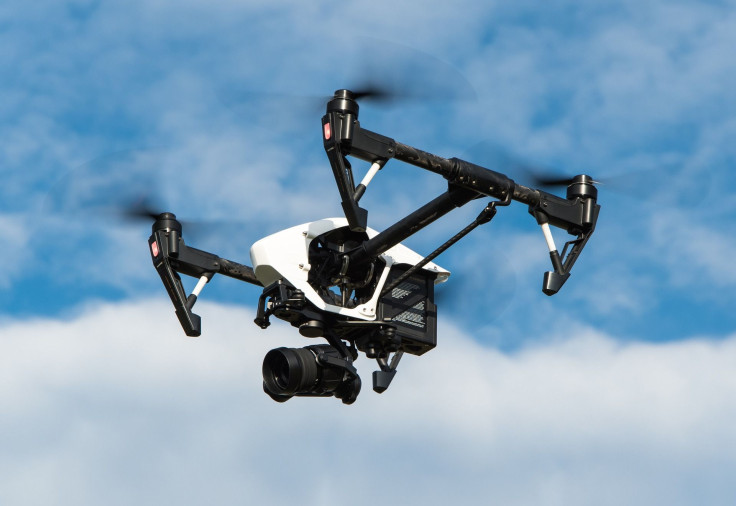Alphabet's Wing Begins Commercial Drone Deliveries

Last summer, two start-ups incubating in Alphabet's (NASDAQ:GOOG) (NASDAQ:GOOGL) X graduated to become stand-alone companies within the holding company's Other Bets segment: Loon and Wing. Wing is developing autonomous drove delivery technology, as well as an unmanned-traffic management (UTM) platform that hopes to help support the nascent commercial drone delivery industry. Amazon.com (NASDAQ:AMZN) has similarly been working on its own drone delivery service for years.
Wing just took off in Australia.
Taking off Down Under
Wing announced today that it has launched commercial drone delivery service in Canberra, Australia's capital, initially in a handful of homes in three suburbs. The company first started testing drone delivery in Australia in 2014, but over the past 18 months has been delivering items to consumers as part of a trial program. Wing says it has completed over 3,000 deliveries over the past year and a half. "Our service allows customers to order a range of items such as fresh food, hot coffee or over-the-counter chemist items on our mobile app, and have them delivered directly to their homes by drone in minutes," Wing says.
Wing just obtained regulatory approval from Australia's Civil Aviation Safety Authority (CASA) to launch more broadly. "They have satisfied us that their operation meets an acceptable level of safety," the agency said. "Wing were required to submit a safety case to CASA as part of their application process which included information about the reliability of the drones."
The news comes just a few months after Wing said it is launching a similar pilot program in Finland this spring, its first operation in Europe. Wing is soliciting input from local residents about what types of products they would like to see available for delivery.
Amazon's been mum on drones
Amazon had announced its first successful drone delivery way back in 2016, but hasn't said much in the years since. The e-commerce giant is still committed to drone delivery, but the development and deployment is just taking a bit longer than expected, in part due to regulatory hurdles imposed by the U.S. Federal Aviation Administration, which is prioritizing safety standards. International regulatory regimes -- such as those in Finland and Australia -- are more lax.
Meanwhile, Amazon is beefing up its fleet of cargo delivery aircraft as it expands its in-house shipping and logistics operations.
Show me the money
When companies graduate from Alphabet's moonshot factory, X, they begin to operate as independent businesses. These companies tend to remain wholly owned by Alphabet (Malta was an exception) and comprise its Other Bets segment. That means it's now time for Wing to start generating revenue and contributing to that segment, which brought in $595 million in 2018 while losing $3.4 billion.
This article originally appeared in The Motley Fool.
John Mackey, CEO of Whole Foods Market, an Amazon subsidiary, is a member of The Motley Fool's board of directors. Suzanne Frey, an executive at Alphabet, is a member of The Motley Fool's board of directors. Evan Niu, CFA owns shares of Amazon. The Motley Fool owns shares of and recommends Alphabet (A shares), Alphabet (C shares), and Amazon. The Motley Fool has a disclosure policy.





















